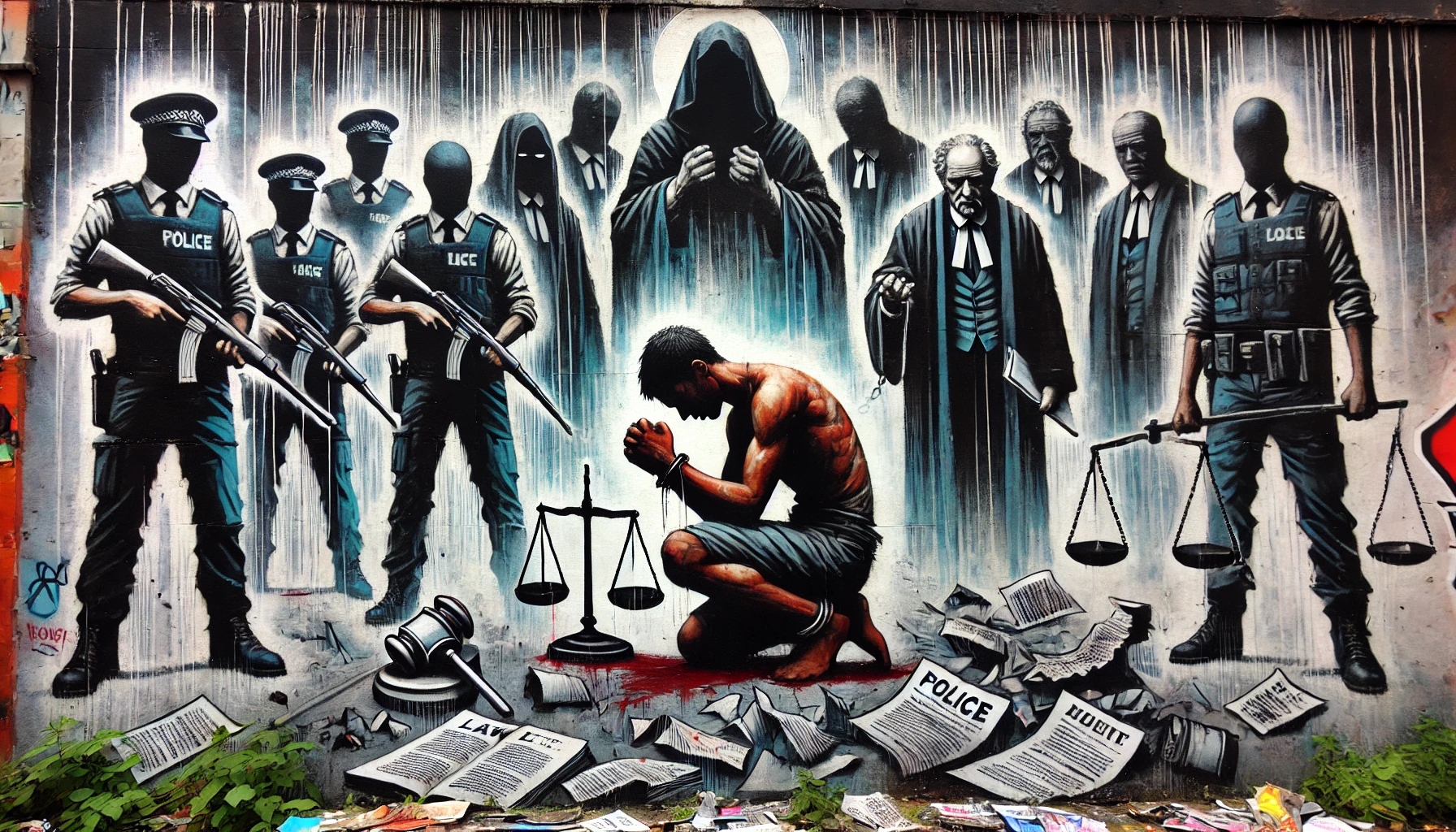El Salvador continues to make significant strides in the cryptocurrency world, most recently by signing a bilateral agreement with Argentina to strengthen their digital asset industries. This collaboration, alongside ongoing discussions with over 25 other countries, aims to bolster regulatory frameworks and promote growth in the crypto space. However, the implications of such agreements raise important questions about security and the principles of decentralization.
El Salvador and Argentina: A Collaborative Effort
On December 11, 2024, Juan Carlos Reyes, president of El Salvador’s National Commission of Digital Assets (NCDA), announced a new partnership and training agreement with Roberto Silva, president of Argentina’s National Securities Commission (CNV). This collaboration seeks to leverage Argentina’s innovative blockchain sector alongside El Salvador’s regulatory experience to create a robust digital asset ecosystem.
Data Sharing and Regulatory Advancements
El Salvador’s progressive approach to digital asset regulation, as highlighted by Reyes, positions it ahead of many nations. The partnership with Argentina aims to foster data sharing and mutual learning. By coordinating their efforts, both countries hope to refine their regulatory frameworks and gain deeper insights into the digital asset market.
Expanding Global Partnerships
El Salvador’s ambitions extend beyond Argentina. According to Reyes, the country is in discussions with over 25 other nations to establish similar crypto-focused partnerships. These collaborations aim to enhance cross-border cooperation and drive the global adoption of cryptocurrencies. While these initiatives promise growth, they also invite scrutiny regarding their impact on user privacy and the core principle of decentralization.
Privacy and Decentralization in Focus
As these international collaborations unfold, it is crucial to maintain a focus on privacy and decentralization—core tenets of the original cryptocurrency ethos. Governments often seek to implement regulations that may compromise these principles. Ensuring that regulatory frameworks do not erode user privacy or centralize control is essential for preserving the foundational values of digital currencies.
The Role of Regulatory Bodies
The involvement of regulatory bodies like the Financial Action Task Force (FATF) in shaping the global cryptocurrency landscape cannot be overlooked. Reyes emphasized the importance of establishing rules and adhering to FATF recommendations to prevent fraud and money laundering. However, it is critical to balance these regulations with the need to protect user privacy and maintain decentralized control.
Cross-Border Information Sharing
A key aspect of El Salvador’s strategy is cross-border information sharing. By collaborating with multiple countries, El Salvador aims to create a more informed and effective regulatory environment. This approach could help establish standards that respect privacy and decentralization while fostering innovation and security.
Navigating the Future of Cryptocurrency
The future of cryptocurrency lies in finding the right balance between regulation and the preservation of its core principles. As El Salvador and other nations forge new partnerships, it is essential to advocate for frameworks that support privacy and decentralization. These principles are not only vital for protecting individual freedoms but also for fostering a resilient and innovative digital asset ecosystem.











